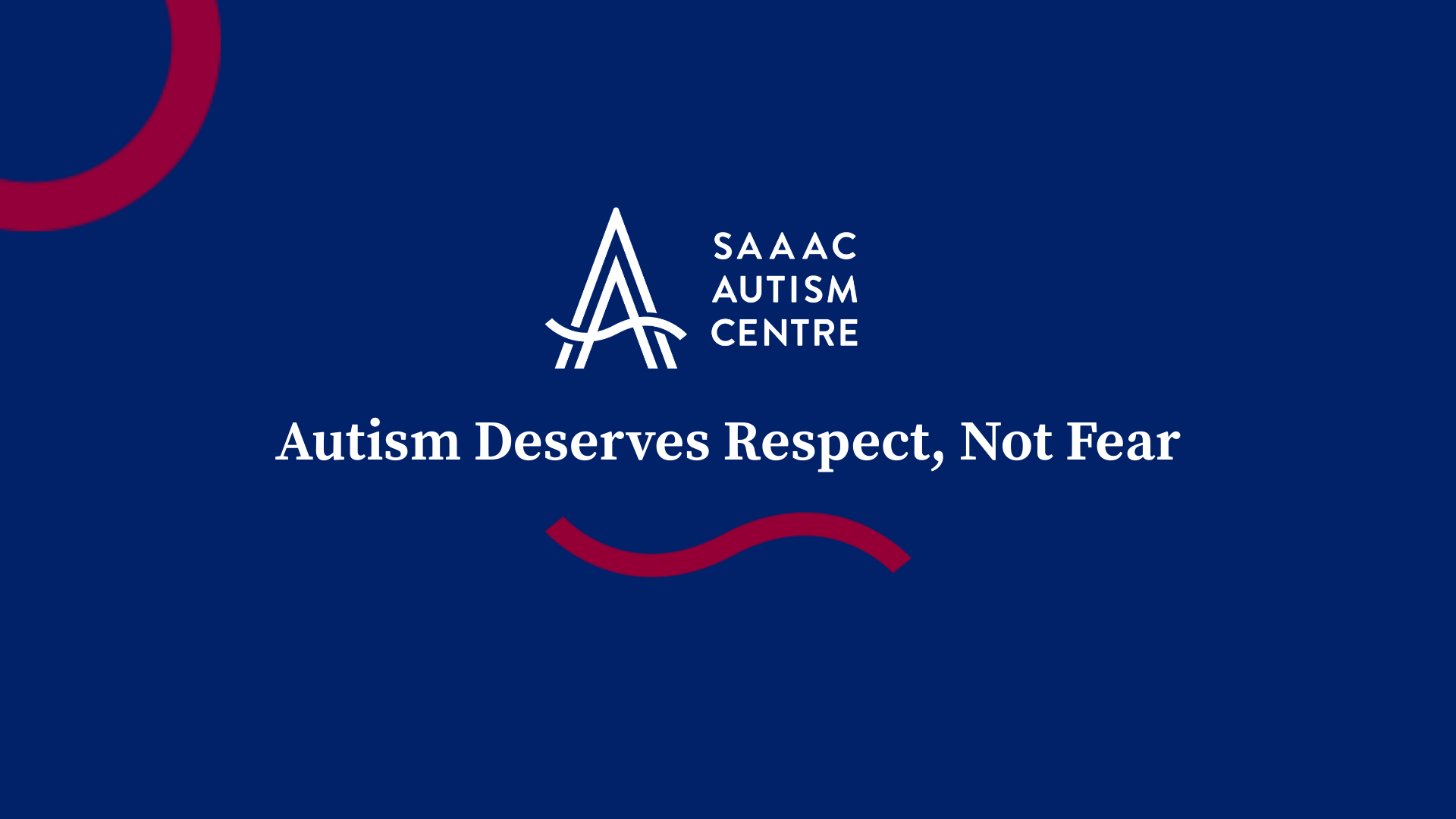To our community,
Recent public statements about autism have resurfaced long-standing myths and stigmatizing language that can be deeply harmful to the individuals and families we serve. As an organization dedicated to equitable, inclusive, and culturally responsive autism services, we feel it is important to respond with clarity and care.
Autism is not a crisis. It is not a tragedy to be prevented.
While it’s true that autism prevalence has increased over time, the rise is largely due to greater awareness and improved screening practices – not a sudden surge in the actual number of autistic individuals.
Using words like “horrible”, “unsustainable”, or “fried” to describe these changes does not reflect the real lives, strengths, and humanity of autistic individuals. This language stigmatizes. It isolates. And it distracts from the work of building communities rooted in understanding, support, and empowerment for all individuals across the spectrum.
We also want to address some of the recent claims made about autism’s causes and treatment:
Vaccines and Autism
Current scientific evidence does not support a link between vaccines and autism. This question has been rigorously studied over many years, and leading health authorities worldwide agree: vaccines are safe and do not cause autism.
Acetaminophen (Tylenol) and Pregnancy
There is ongoing research into potential associations between acetaminophen use during pregnancy and neurodevelopmental outcomes. Some studies show a possible small link, but many of these studies have limitations and they do not prove that one causes the other.
In larger studies comparing siblings, the association between prenatal acetaminophen exposure and Autism disappeared. Medical experts continue to recommend acetaminophen as safe during pregnancy when used appropriately. As always, families should consult their healthcare providers to make informed decisions that are right for them.
Leucovorin as a Treatment
There is also limited emerging research into leucovorin, a folate-based prescription medication, as a possible therapy for some autistic individuals, particularly those with specific folate-related metabolic differences. Some small studies suggest potential benefits for this subgroup, but it is not a cure, nor will it be effective or necessary for all. As with any treatment, families should speak with qualified healthcare professionals to explore options tailored to their child’s unique needs.
Understanding Autism with Compassion
We invite you to explore the SAAAC Autism 101 initiative, which introduces autism in a way that respects and values neurodiversity not as something to be “fixed,” but as part of the rich spectrum of human difference. This toolkit is designed to support families and communities in building understanding, reducing stigma, and embracing each individual’s unique strengths.
Additional Resources
For more information, we encourage you to explore the following trusted resources. These organizations provide valuable, evidence-based guidance to help families, caregivers, and communities navigate autism with confidence and compassion:
Holland Bloorview comments on U.S. report on autism
Autism Alliance of Canada Statement
WHO statement on autism-related issues
At SAAAC, we remain focused on what matters most: supporting families with compassion, respect, and evidence-based care. We will continue to challenge stigma, promote understanding, and ensure every autistic person is met with dignity and not fear.
-SAAAC Team
Please see our statement in Tamil here.
